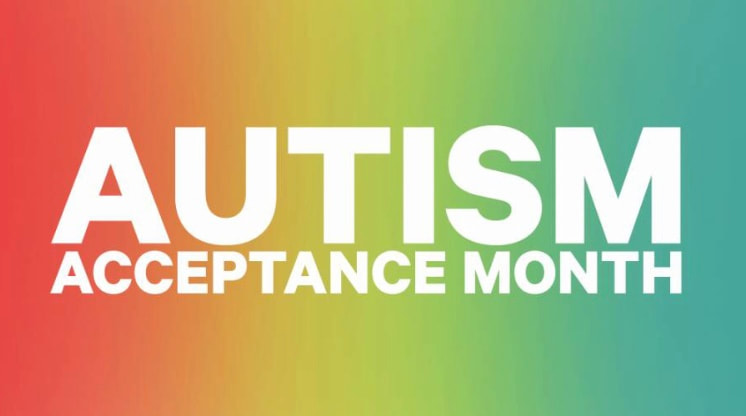The April 2 discussion provided a lot of useful information on inclusion and helping those on the spectrum develop interests which might potentially lead to a career. Dr. Shore said that when he was very little, around 18 months old, he began showing many of the symptoms of autism. It took his parents about a year to find a doctor who could diagnose him. When they found someone, the doctor said, “We’ve never seen such a sick child,” and they recommended institutionalization. But fortunately, his parents advocated on his behalf, and they convinced the school to enroll him after about a year. During this year, his parents implemented what most people today would call an intensive home-based early intervention program. This program paid off, and his speech began to return at age four. He says the reason the program was successful was because his parents stopped trying to get him to imitate them, and instead imitated him. Doing this helped him become aware of them in his environment. He said that a prerequisite to doing successful work with an autistic person is developing a trusting relationship with them, and meeting them where they are.
Dr. Shore said that introducing children to household chores at a young age can prepare them for having a job when they get to be adults, because doing chores is similar to employment in that it has to be done on a regular basis every day whether you want to or not, and that you have to achieve a certain proficiency with your chores the way you do with employment.
When he was in his late childhood and early teens, Dr. Shore did a paper route, dropping off newspapers at people’s doorsteps. That was another way he was exposed to employment early on. He also taught himself how to take bicycles apart and put them back together again. This allowed him to ask the people he met on his paper routes if he could fix their bikes for them. That was another way he was able to earn money.
He also spoke about some of the challenges he experienced in terms of employment. He used to work at a restaurant cleaning tables, but it was a very bad job for him, and a bad fit for him. There was too much noise for him, and it was a sensory overload for him. It led him to realize that he needed to find a job that was 1. not only something he was good at, but also 2. something that he enjoyed and that allowed him to use his strengths.
Dr. Shore said that he eventually got to the point where he was able to build his own bicycle entirely from the ground up. After this happened, he started biking to all the bike shops in the area to show off his bike to the manager, and talk to them about bikes, and after a period of time, he would ask them for a job. It took him 12 tries, but on the 13th time, he finally found a manager who would hire him. He said that looking back on this experience, what’s important for job-seeking autistic people to do is to find a way to actually show your prospective employers the work you’ve done in the domain you’re interviewing for, to lay it out for them to see for themselves. That allows you to sidestep all the parts of a formal interview process that are difficult for people on the autism spectrum.
So, he said, one of his suggestions is for people supporting an autistic individual to learn the strengths and abilities of the individual, usually by observing them.
Dr. Shore said grade school was hard for him. He was bullied often, and his teachers didn’t understand him. He spent most of his time in grade school reading books about topics that interested him, like astronomy, aviation, volcanoes, earthquakes, weather, etc. He said his obsession with science books meant his teachers didn’t know how to reach him, but at the same time, they mostly left him alone to continue reading because he wasn’t a behavior problem. Back then, not much was known about autism.
He said middle school and high school were actually easier for him than elementary school, because it allowed him to focus on his interest in music. He joined the band. Being in the band was a structured activity for him. He learned how to play almost all the instruments in the band. So when he went to college, he discovered that one of the requirements for music education was that you had to learn how to play all the instruments. Since he already knew most of them, that seemed to be a good career fit for him. He was able to help pay his tuition by doing bicycle repair.
So in short, he was able to succeed by finding his abilities and areas of interest and focusing on them. He said that same lesson can be applied to all people on the autism spectrum, no matter where they fall on the spectrum.
I hope some of this is helpful to other people on the autism spectrum, whether they’re employed or not. It was definitely helpful to me. I learned a lot from this panel.
-Chris Tidmarsh

 RSS Feed
RSS Feed
